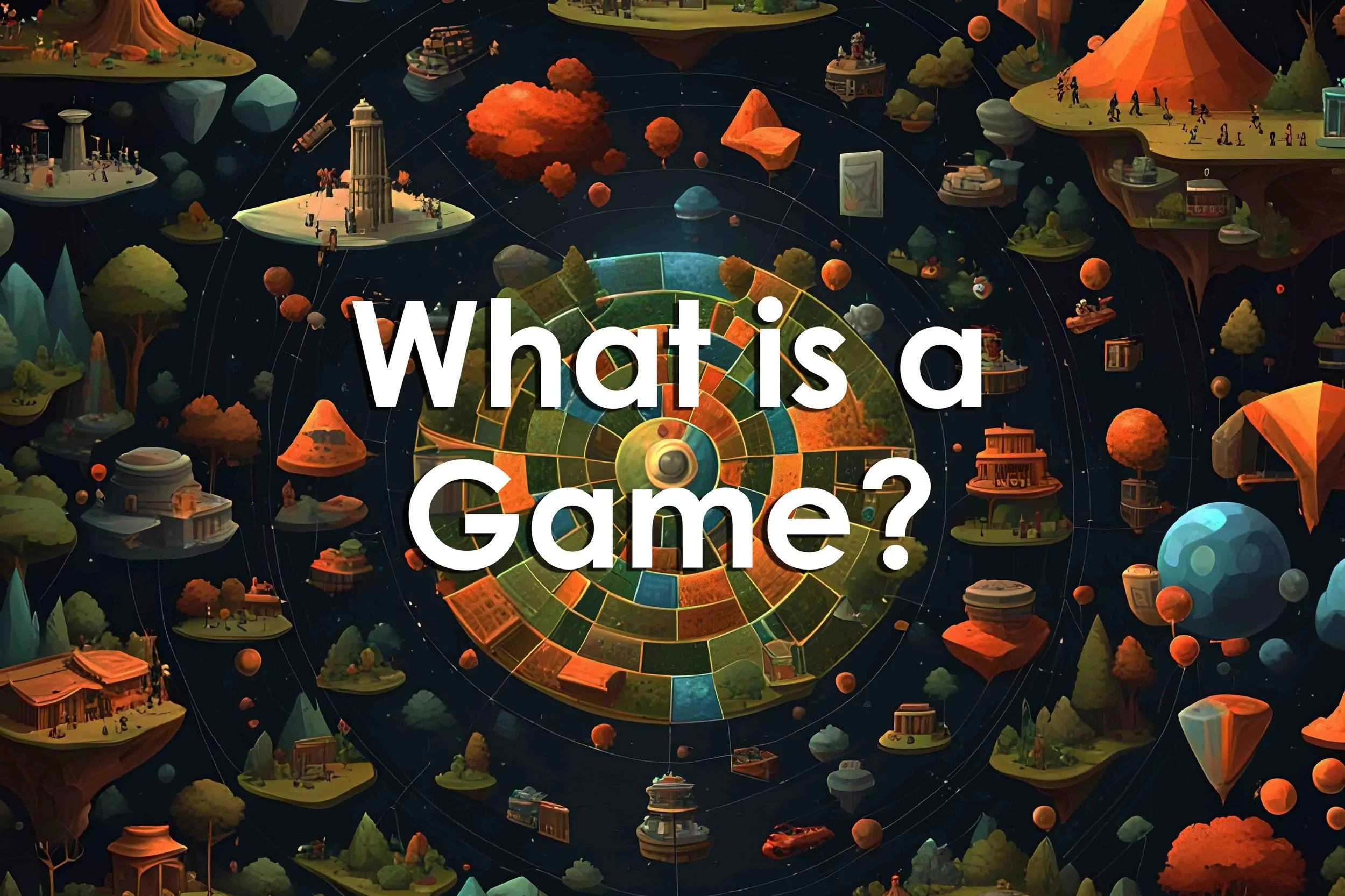One of the hardest and most difficult questions that can be asked about games is what they are and how they are defined. The answers, responses, and philosophies regarding these big questions are as diverse and varied as those who have sought to define them. Therefore, this article will attempt another take on defining games and discussing their meaning and interaction for the people that play, define, apply, and share them.
Read MoreThis article will review the lusory attitude of games. It includes a review of play in games as well as an overview of the “lusory agreement.” Part of this agreement includes players adhering to the rules of the game. While rules are important formal structures of games they aren’t the only thing that is involved in the lusory agreement. Players’ attitudes and mindsets also impact their agreement. This agreement should prevent and discourage players from acting in “bad faith” when making decisions in games. The article closes on the social contract and social agreement of games as part of the lusory attitude.
Read MoreGames are a type of work if you think about it. We invest our time in games. We give games our attention and our mental capacities. But why do we do that?
What makes play work? The answer is that great work is also great play. Great play makes us more productive. That means that great games can also help us become better, and more productive, individuals.
Let’s examine game play as work, and why we continue to play games, despite difficulties to the contrary. Part of why we continue to play is because we enjoy the feelings of “competent engagement” that we get from games. This allows us to get more serious about our work. It also affects how we approach game play.
Read More


